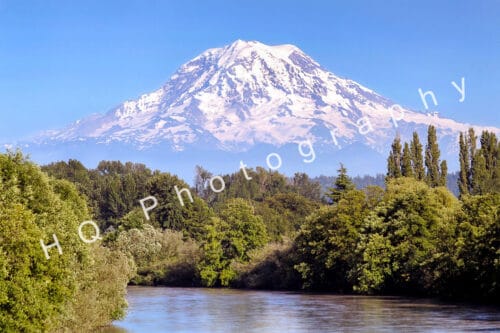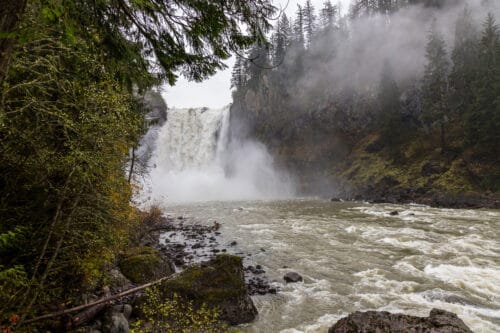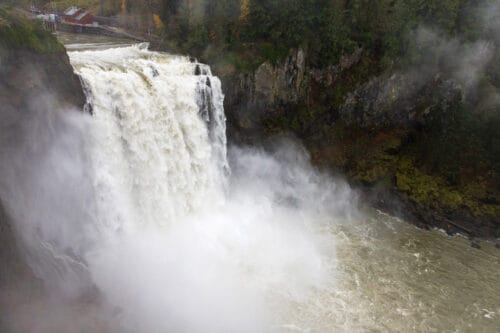Yes! You can major in photography. If you want to become a professional photographer, getting a college degree in photography is an excellent idea. But first, I recommend trying out your photography skills in high school to see if it’s the career path you want to go down. Most high schools have elective photography courses you can take.
Also, digital cameras make it easy to practice and test out photography to see if it is, indeed, an interest of yours. Once you have your own digital camera, it doesn’t cost anything to keep taking digital images over and over. As a result, it’s a great way to get a better idea if the craft of photography is a path you want to go down. Accordingly, digital photography has made it so easy for visual artists to practice over and over again.

Introduction
In a world where visuals dominate our communication channels, the art of photography holds immense significance. For those with a keen eye and a passion for capturing moments, pursuing a career in photography can be both fulfilling and lucrative.
By doing some quick research, I found a list of colleges that offer photography majors. I found this list on collegevine, where they do a great job listing all U.S. Colleges With A Photography Major.
Many universities and art schools offer Bachelor of Fine Arts or Bachelor of Arts degrees with a concentration in photography. These programs provide comprehensive education covering various aspects of photography, including technical skills, artistic vision, history of photography, and professional practices. Many schools also offer a minor in photography. This gives you an option to major in something else, such as graphic design, but still get a minor in photography.
Key Learning Areas for a Photography Major
What do higher education school teach when you pick this degree program? Here is a quick overview of the types of material that are covered.
- Technical Skills: Courses often cover fundamentals such as camera operation, lighting techniques, composition, and post-processing.
- Artistic Development: Students explore their creative vision through projects, critiques, and discussions on aesthetics and visual storytelling.
- History and Theory: Understanding the evolution of photography and its cultural, social, and ethical implications is crucial for developing a well-rounded perspective.
- Professional Practices: Learning about marketing, copyright law, entrepreneurship, and client management prepares students for success in the industry.
In addition to these topics, photography students in college also get lots of hands-on experience. This is probably one of the most valuable aspects of majoring in photography. Students have access to state-of-the-art facilities, including darkrooms, digital labs, and studio spaces to practice skills. Experienced faculty members are there to provide guidance and mentorship, fostering both technical proficiency and artistic growth in the photography field.

Beyond the Classroom
While formal education provides a solid foundation, aspiring photographers should supplement their learning through internship opportunities, freelance work, and personal projects. Building a portfolio and networking within the industry are essential steps toward launching a professional career. Here are some different ways go beyond the classroom to get some practical experience.
- Internships: Securing internships with established photographers, photography studios, or media companies offers invaluable hands-on experience and insight into the industry. Interns have the opportunity to observe professionals at work, assist with photo shoots, and gain practical knowledge about client interactions, project management, and workflow processes.
- Freelance Work: Freelancing allows photographers to gain autonomy and flexibility in their career while building a diverse portfolio and client base. Whether it’s shooting events, portraits, or commercial projects, freelancers have the freedom to pursue their passions and tailor their services to meet the needs of clients. Freelance work also fosters entrepreneurial skills such as marketing, negotiation, and self-promotion. Going down this path can put you on track on starting your own photography business.
- Personal Projects: Personal and independent projects serve as a creative outlet for photographers to explore their interests, experiment with new techniques, and showcase their unique vision. Whether it’s a photo series documenting a social issue, a passion project exploring a niche subject, or a self-assigned photo essay, personal projects allow photographers to push boundaries, challenge conventions, and express themselves authentically.
- Building a Portfolio: A strong portfolio is essential for attracting clients, securing job opportunities, and demonstrating proficiency in various genres of photography. Aspiring photographers should curate a diverse selection of their best work, showcasing their technical skills, artistic style, and storytelling abilities. Regularly updating and refining the portfolio ensures that it reflects the photographer’s growth and evolution over time.
- Networking: Networking within the photography community is crucial for establishing connections, seeking mentorship, and accessing career opportunities. Attending industry events, workshops, and photography meetups allows photographers to meet like-minded individuals, exchange ideas, and learn from experienced professionals. Online platforms such as social media, photography forums, and professional networking sites also facilitate networking and collaboration within the global photography community.
Career Opportunities
A degree in photography opens doors to a variety of career paths for the creative professional. Specifically, I will go over the many different, numerous specialization niches of photography careers.

- Commercial Photography: Chiefly, commercial photographers work in advertising, marketing, and product promotion. They create images for brands, businesses, and publications, showcasing products, services, or concepts in a visually appealing and compelling manner. This category encompasses advertising photography, fashion photography, product photography, and lifestyle photography.
- Photojournalism: Photojournalists document real-life events, news stories, and social issues through their photographs. They strive to convey truth, authenticity, and human experiences, often working for newspapers, magazines, or documentary projects. Photojournalism requires strong storytelling skills, ethical considerations, and the ability to work under pressure in dynamic environments.
- Fine Art Photography: Fine art photographers express their creativity and personal vision through their work, often focusing on aesthetics, emotions, and conceptual themes. They create images intended for artistic expression, exhibition, and contemplation, transcending commercial considerations. Fine art photography encompasses a wide range of styles, from landscapes and abstracts to conceptual and experimental approaches.
- Portrait Photography: Portrait photographers specialize in capturing the essence of individuals or groups, focusing on facial expressions, personalities, and emotions. This genre includes family portraits, senior portraits, corporate headshots, and even conceptual or artistic portraits.
- Wedding and Event Photography: Wedding and event photographers capture special moments and celebrations, preserving memories for couples, families, and organizations. For example, they document weddings, parties, conferences, and other gatherings, employing a blend of candid and posed shots to narrate the story of the occasion.
- Nature and Wildlife Photography: Nature photographers immerse themselves in the natural world, capturing landscapes, wildlife, plants, and ecosystems. They showcase the beauty, diversity, and fragility of the environment, raising awareness about conservation and environmental issues. Furthermore, nature photography requires patience, technical skills, and a deep appreciation for the natural world.
- Sports Photography: Sports photographers capture action-packed moments, athletic performances, and sporting events, freezing the excitement and drama of competitive sports. Additionally, they work for sports organizations, media outlets, and brands, covering a wide range of sports disciplines from football and basketball to athletics and extreme sports.
- Travel Photography: Travel photographers explore different cultures, destinations, and experiences, documenting their journeys through photographs. They capture the essence of places, people, and traditions, inspiring viewers to explore the world and embrace cultural diversity.
- Real Estate Photography: Real estate photography involves capturing images of properties, including residential homes, commercial buildings, and rental spaces. The purpose is to showcase their features to potential buyers or renters. These photographs typically highlight the interior and exterior of the property, focusing on architectural details, layout, amenities, and surrounding environment.
- Architectural and Interior Photography: Architectural photographers specialize in capturing buildings, structures, and interior spaces, highlighting design, aesthetics, and functionality. They work for architects, designers, real estate agencies, and publications, showcasing architectural projects, residential properties, commercial spaces, and landmarks.
- Documentary Photography: Documentary photographers tell stories through visual narratives, documenting social issues, cultural phenomena, and everyday life. They aim to inform, educate, and provoke social change, often working on long-term projects or collaborations with NGOs, advocacy groups, or cultural institutions.
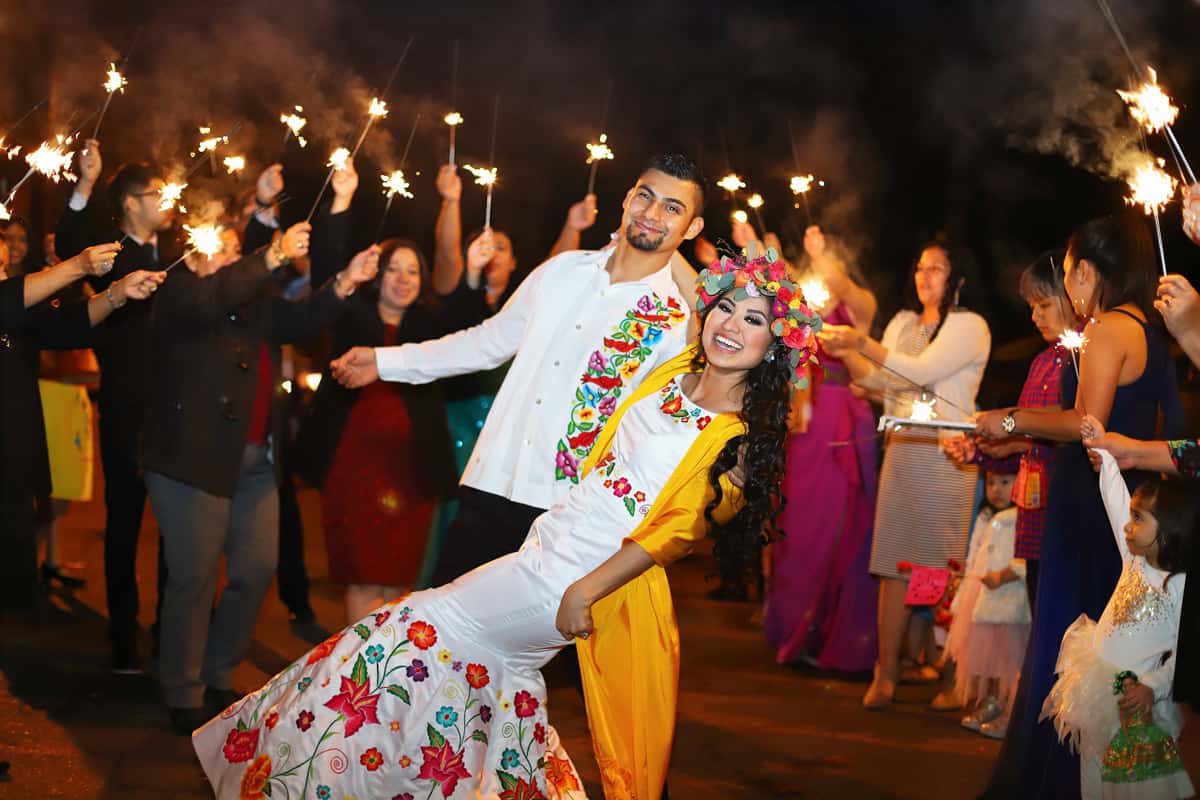
Yes! Major in Photography!
In conclusion, yes, you can major in photography! Pursuing a formal education in photography provides great technical skills that will carry over to your work experience. But, it also provides critical thinking abilities and a deeper understanding of the art form. Whether you want to work for a company with a rewarding career or own your own a photography business, majoring in photography offers a gateway to a fulfilling career in the visual arts.
Undoubtedly, you could be drawn to capturing human emotions, documenting social issues, or exploring the natural world. That’s the beauty within photography. There are many different interests and aspirations, and a niche that is just right for you.
To conclude, with a degree in photography, you can embark on a journey of self-discovery, creative expression, and making a meaningful impact through the power of images. In addition, through formal education, hands-on experience, and a commitment to lifelong learning, aspiring photographers can develop the technical skills, artistic vision, and professional understanding needed to succeed in today’s competitive industry.
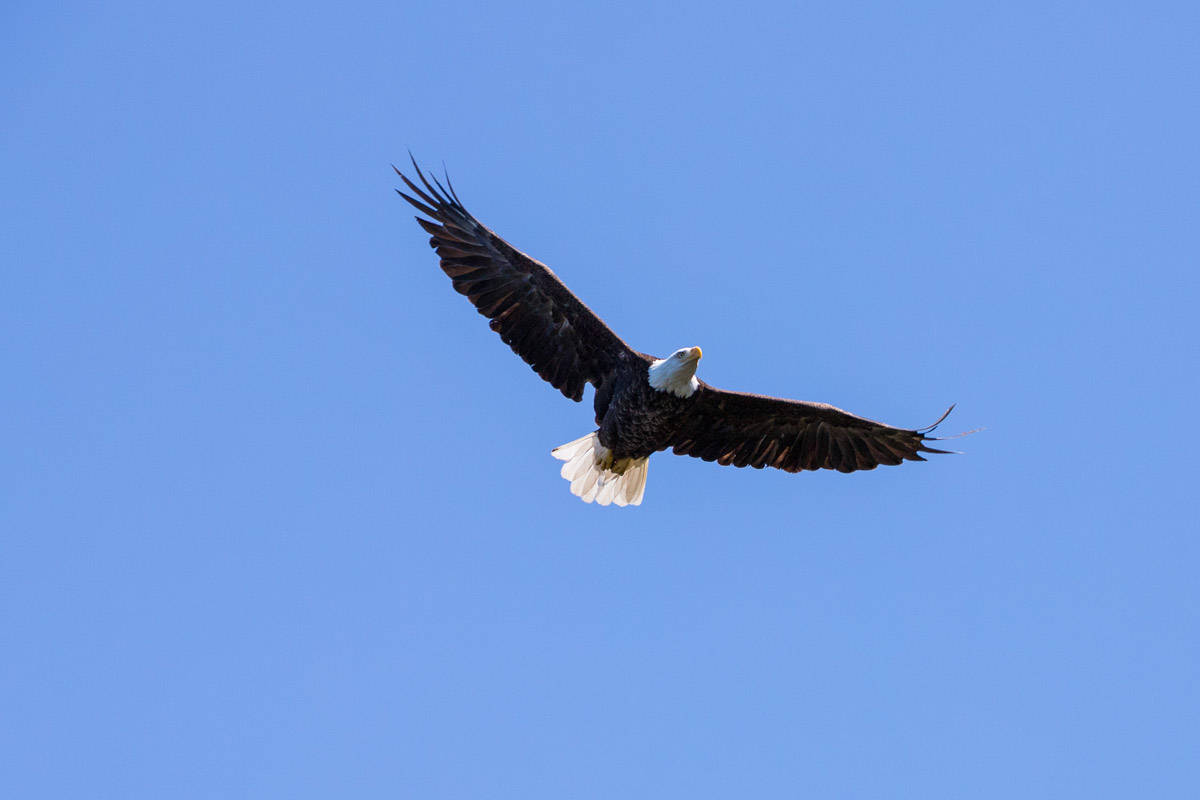
I started out using 35mm point and shoot cameras, then upgraded to a 35mm DSL camera when I was in college. Finally, the world of digital DSL cameras was introduced. Gone are the days of having to wait for your film to be developed to see what you captured. From that point on, photography has been so much fun!
As a photographer, I draw inspiration from both the natural world and human experience. I strive to capture moments of raw beauty and to use photos as a testament to the power of storytelling through imagery. I am a firm believer that memories last a lifetime and are more precious than any physical thing you could own. Through my lens, I like to provoke connections between the viewer and any memories my photographs can bring back to life.


